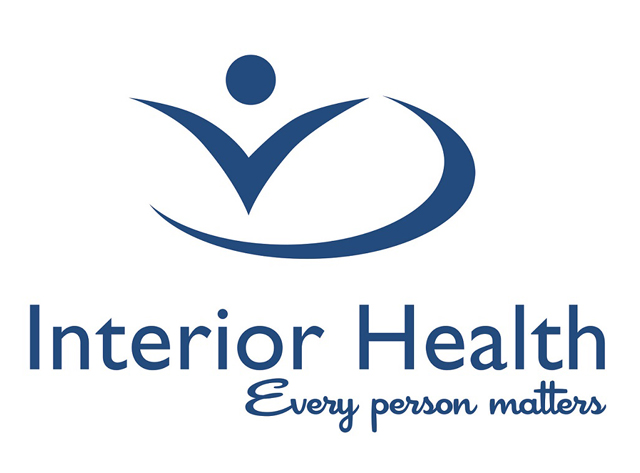Air quality and health could be impacted by smoky skies
Residents in communities across Interior Health affected by fires burning and resulting smoky skies should be aware that smoke conditions and local air quality can change due to the unpredictable nature of fires.
Some individuals may be more sensitive to the effects of smoke from forest fires, such as those with heart or lung conditions. These individuals should watch for any change in symptoms that may be due to smoke exposure. If any symptoms are noted, affected individuals should take steps to reduce their exposure to smoke and if necessary see their physician or local walk-in clinic.
People with severe symptoms should present themselves to the nearest Emergency Department.
Reducing Exposure to Smoke
There are some actions you can take to reduce the health effects of smoke in the air:
- People with heart or lung conditions may be more sensitive to the effects of smoke and should watch for any change in symptoms that may be due to smoke exposure. If any symptoms are noted, affected individuals should take steps to reduce their exposure to smoke and if necessary see their physician. People with symptoms should go to their health care provider, walk in clinic or emergency department depending on severity of symptoms.
- Use common sense regarding outdoor physical activity – if your breathing becomes difficult or uncomfortable, stop or reduce the activity.
- Stay cool and drink plenty of fluids.
- Smoke levels may be lower indoors, however levels of smoke particles will still be increased. If you stay indoors, be aware of your symptoms.
- Consider visiting a location like a shopping mall with cooler filtered air. Keep in mind that staying indoors may help you stay cool and provide some relief from the smoke. However, many air conditioning systems do not filter the air or improve indoor air quality.
- Reduce indoor pollution sources such as smoking or burning other materials.
- You may be able to reduce your exposure to smoke by moving to cleaner air. Conditions can vary dramatically by area and elevation.
- Residents with asthma or other chronic illness should activate their asthma or personal care plan.
- Pay attention to local air quality reports, air quality may be poor even though smoke may not be visible.
- Commercially available HEPA (high efficiency particulate air) filters can further reduce poor indoor air quality near the device.
- Maintaining good overall health is a good way to prevent health effects resulting from short-term exposure to air pollution.
For general information about smoke and your health, contact HealthLink BC available toll free, 24 hours a day, 7 days a week at 8-1-1.
IHA Communications Team <IHACommunicationsTeam@interiorhealth.ca>
If the public wants to know the Air Quality Health Index for their region, log on to www.bcairquality.ca or call (250) 952-2039.
For fire information, visit www.bcwildfire.ca
























